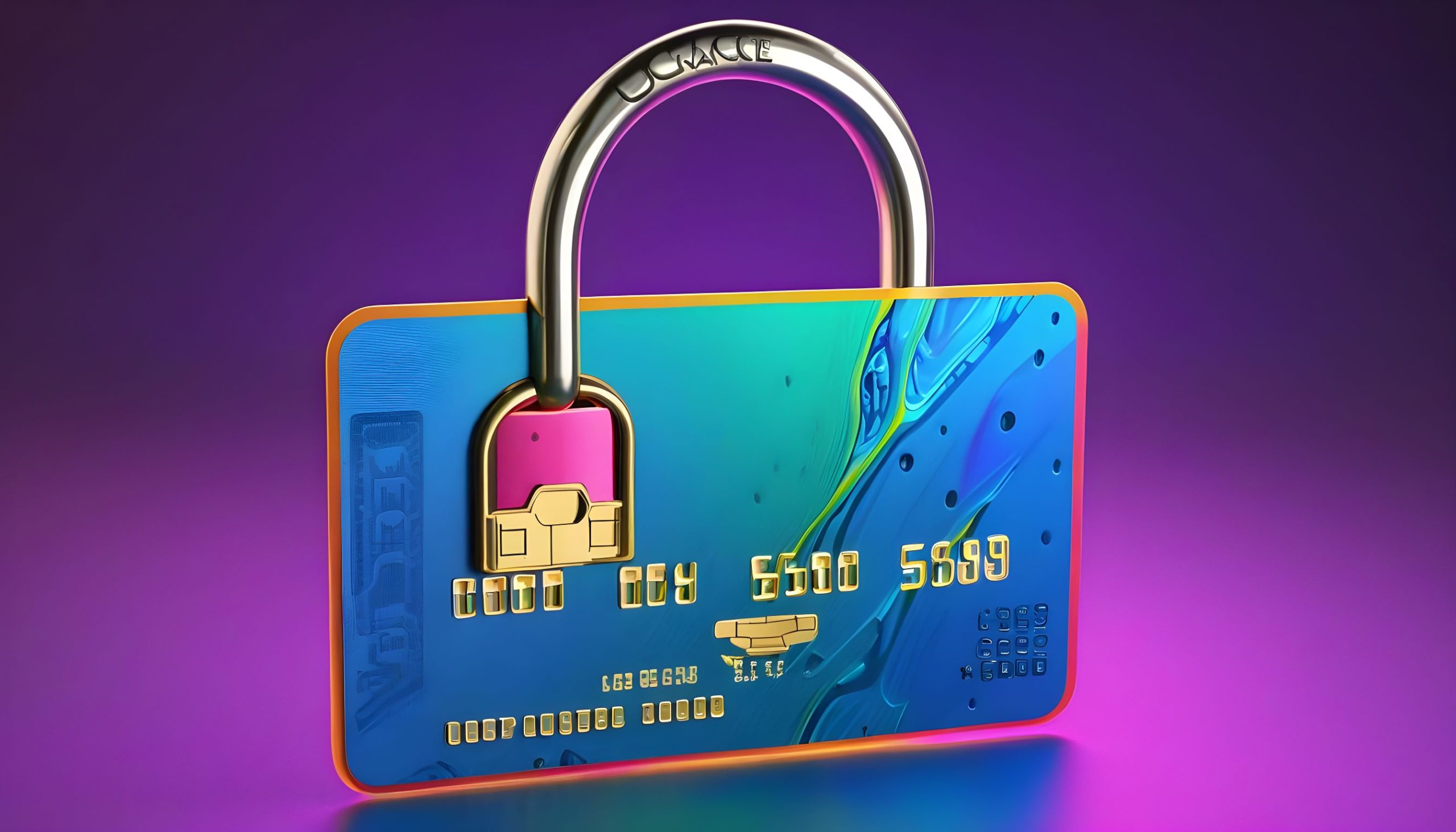The leading financial regulatory authority in South Korea is suggesting a revision to the nation’s credit finance regulations, aiming to disallow citizens from using credit cards for the acquisition of cryptocurrencies.
Thank you for reading this post, don't forget to subscribe!In a legislative notice earlier this week, the Financial Services Commission (FSC) of the country expressed concerns regarding potential illegal capital outflows and money laundering risks associated with South Korean citizens purchasing cryptocurrency from foreign exchanges. The FSC said:
“Concerns have been raised about illegal outflow of domestic funds overseas due to card payments on overseas virtual asset exchanges, money laundering, speculation, and encouragement of speculative activities. Accordingly, virtual assets […] are stipulated as prohibited for payment.”
As per existing regulations, domestic cryptocurrency exchanges exclusively permit transactions between virtual assets through deposit and withdrawal accounts, ensuring verified user identities. However, these regulations do not extend to foreign cryptocurrency exchanges, as reported by the local outlet Yonhap.
The financial services regulator is currently soliciting public feedback on the proposal, and this period will extend until February 13. The proposal is anticipated to undergo a thorough review and resolution process, with the goal of implementation in the first half of 2024.
South Korea has emerged as a prominent player in the worldwide cryptocurrency scene, characterized by a dynamic market and active public engagement. Recognizing the growing popularity of cryptocurrencies, South Korean authorities have acknowledged the need for thorough regulations to address potential risks and maintain the stability of their financial system.
In a recent development, the South Korean Financial Supervisory Service (FSS) announced its plans to establish a dedicated Virtual Asset Bureau. This bureau will be responsible for overseeing, inspecting, and examining virtual assets. The newly formed investigative team will be empowered to scrutinize instances of “market manipulation” linked to virtual assets.


